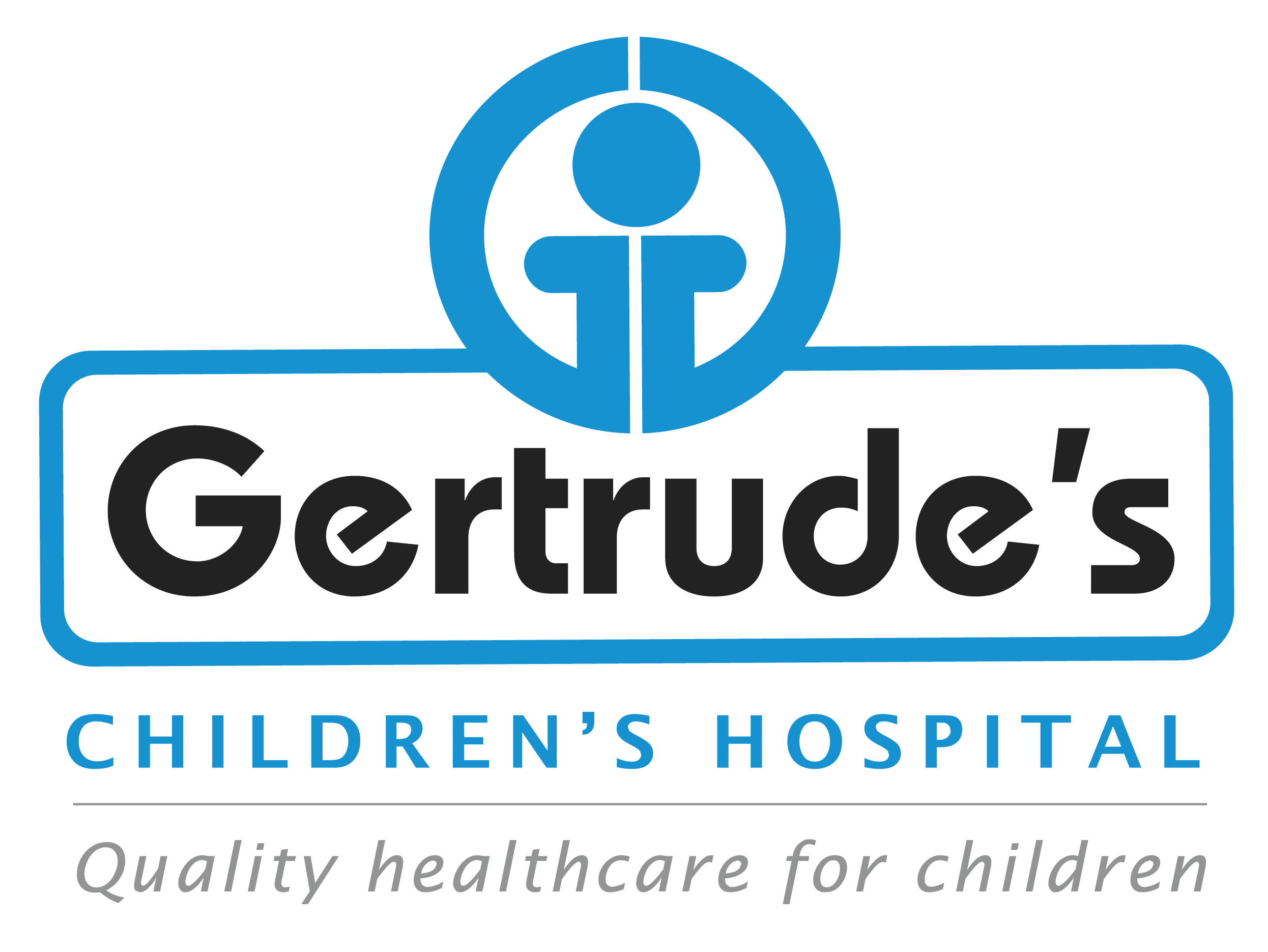Chronic cough in children is a cough that lasts for more than four weeks. Unlike a typical cough that might accompany a cold or flu, a chronic cough can be persistent and may indicate an underlying health issue. It can disrupt daily activities, disturb sleep, and cause concern for parents. Chronic cough is not a disease itself but a symptom of various conditions, and identifying the cause is key to effective treatment.
Symptoms
- Persistent Cough: A cough that lingers for more than four weeks, whether dry or productive (producing mucus).
- Wheezing: A whistling sound when breathing, often associated with asthma or other respiratory issues.
- Nighttime Cough: A cough that worsens at night, potentially disrupting sleep.
- Shortness of Breath: Difficulty breathing or a feeling of tightness in the chest, which may occur during or after physical activity.
- Throat Irritation: A sore or irritated throat from constant coughing.
- Fatigue: Tiredness due to interrupted sleep or the physical effort of constant coughing.
Causes
- Asthma: A common cause of chronic cough, particularly if accompanied by wheezing or shortness of breath.
- Allergies: Environmental allergens like pollen, dust mites, or pet dander can trigger a persistent cough.
- Infections: Prolonged cough can result from lingering respiratory infections, such as bronchitis or pneumonia.
- Gastroesophageal Reflux Disease (GERD): Stomach acid refluxing into the throat can cause a chronic cough, especially at night.
- Postnasal Drip: Excess mucus from the nose or sinuses can drip down the back of the throat, leading to a persistent cough.
- Foreign Body Aspiration: In rare cases, a child may inhale a small object, leading to a chronic cough as the body tries to expel it.
Diagnosis
- Medical History and Physical Exam: The doctor will ask about the child’s symptoms, medical history, and any potential triggers, followed by a physical examination.
- Lung Function Tests: Tests like spirometry may be used to assess lung function and diagnose conditions like asthma.
- Allergy Testing: Skin tests or blood tests can help identify specific allergens that may be causing the cough.
- Imaging Studies: Chest X-rays or CT scans may be used to look for signs of infection, foreign objects, or other lung issues.
- pH Monitoring: In cases where GERD is suspected, pH monitoring can measure acid levels in the esophagus to confirm the diagnosis.
Treatment Options
- Asthma Management: If asthma is the cause, treatment may include inhalers, medications, and avoiding triggers to control symptoms.
- Allergy Treatment: Allergy management may involve antihistamines, nasal sprays, or avoiding known allergens.
- Infection Treatment: Antibiotics or other medications may be prescribed if a bacterial infection is responsible for the cough.
- GERD Management: Lifestyle changes, dietary modifications, and medications can help manage GERD-related cough.
- Cough Suppressants: In some cases, doctors may recommend cough suppressants to provide temporary relief, though it’s important to treat the root cause.
Why Choose Us
Expert team
Our pediatric specialists have extensive experience in treating children.
Personalized care
We create treatment plans that fit each child’s unique needs
Support and education
We teach children and families how to care for them and prevent future cases
Advanced treatments
Access to the latest treatments and products
Contact
Please feel free to contact us with any general or medical enquiry by calling us.





